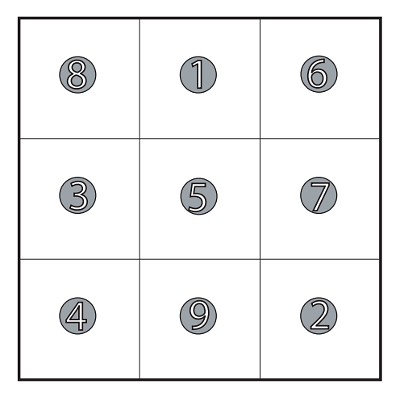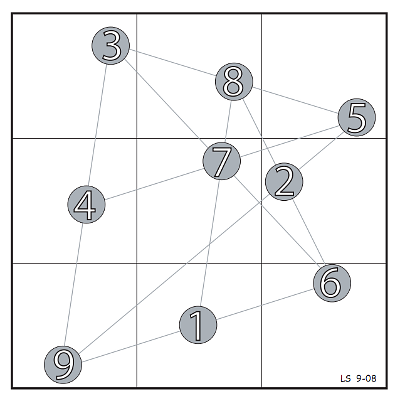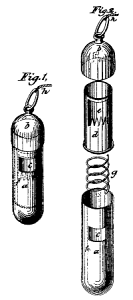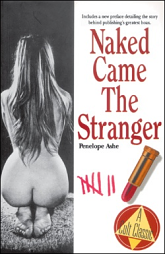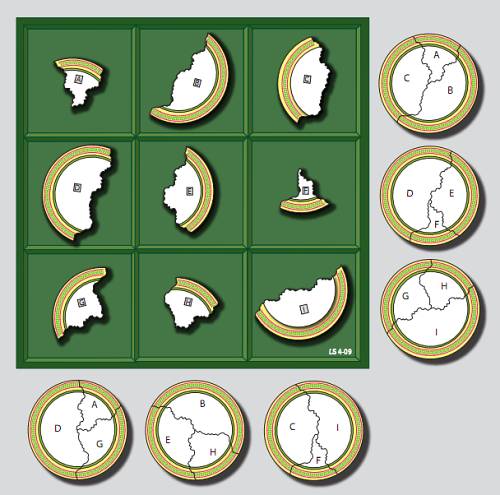Once — but no matter when —
There lived — no matter where —
A man whose name — but then
I need not that declare.
He — well, he had been born,
And so he was alive;
His age — I details scorn —
Was somethingty and five.
He lived — how many years
I truly can’t decide;
But this one fact appears
He lived — until he died.
“He died,” I have averred,
But cannot prove ’twas so,
But that he was interred,
At any rate, I know.
I fancy he’d a son,
I hear he had a wife:
Perhaps he’d more than one,
I know not, on my life!
But whether he was rich,
Or whether he was poor,
Or neither — both — or which,
I cannot say, I’m sure.
I can’t recall his name,
Or what he used to do:
But then — well, such is fame!
‘Twill so serve me and you.
And that is why I thus,
About this unknown man
Would fain create a fuss,
To rescue, if I can,
From dark oblivion’s blow,
Some record of his lot:
But, ah! I do not know
Who — where — when — why — or what.
MORAL
In this brief pedigree
A moral we should find —
But what it ought to be
Has quite escaped my mind!
— William T. Dobson, Literary Frivolities, Fancies, Follies and Frolics, 1880
